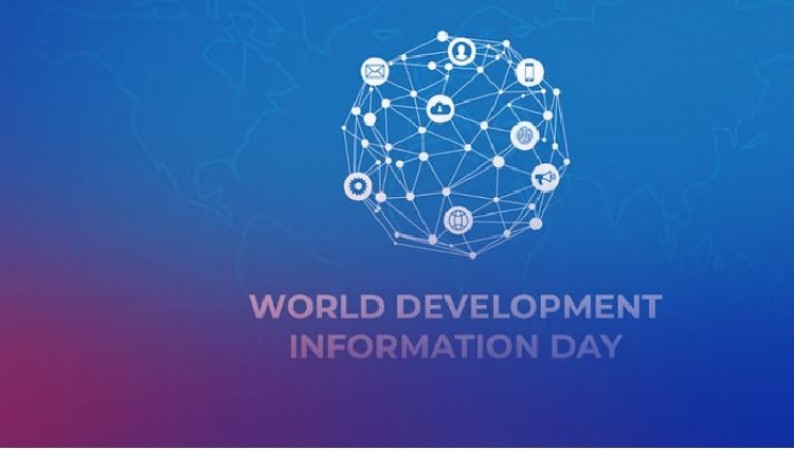
World Development Information Day is observed on October 24th every year to highlight the importance of information and communication in the field of development. It is a day when the international community focuses on the dissemination of information about the economic and social development of nations. Established by the United Nations in 1972, World Development Information Day aims to promote public awareness and mobilize opinion regarding development issues, particularly in developing countries. In this article, we will delve into the significance of this day and the responsibilities of national bodies in mobilizing public opinion for global progress.
The Significance of World Development Information Day
World Development Information Day serves as a crucial platform to emphasize the critical role that information and communication play in advancing global development goals. It is a reminder that access to accurate and timely information is fundamental to addressing issues related to poverty, inequality, and sustainable development. By dedicating a day to this cause, the international community encourages governments, organizations, and individuals to reflect on the power of information in driving positive change.
Mobilizing Public Opinion
One of the core objectives of World Development Information Day is the mobilization of public opinion. This mobilization, as stated by the United Nations, is primarily the responsibility of national bodies. Governments, in particular, are encouraged to consider the establishment of new national bodies or the strengthening of existing ones that are designed to focus on mobilizing public opinion for the purpose of fostering a development-oriented mindset. This approach is seen as a long-term strategy for integrating development issues into educational curricula and raising awareness among citizens.
The Role of National Bodies
National bodies, such as government agencies, educational institutions, and civil society organizations, play a vital role in mobilizing public opinion on development issues. Here's how they can contribute:
Educational Curricula: National bodies can work together to infuse development-related content into educational curricula. This integration ensures that young minds are exposed to and educated about the challenges and opportunities related to global development.
Awareness Campaigns: National bodies can launch awareness campaigns to inform the public about development issues. These campaigns may include workshops, seminars, public lectures, and social media initiatives designed to engage and educate citizens.
Research and Data Dissemination: Gathering and sharing data and research findings related to development can serve as a valuable tool in shaping public opinion. National bodies can support or conduct research on development challenges and solutions and make this information accessible to the public.
Partnerships: Collaboration with international organizations, NGOs, and the private sector can enhance the effectiveness of public opinion mobilization efforts. These partnerships can pool resources, expertise, and networks to reach a broader audience.
Advocacy: National bodies can advocate for policies and initiatives that promote sustainable development. This includes lobbying for pro-development legislation, supporting international agreements, and working to align national interests with global development goals.
Leadership and Concrete Aims
Leadership is another crucial element in the mobilization of public opinion. Governments and competent authorities must provide clear and visionary leadership to guide national bodies and set concrete aims for development. This leadership is indispensable in creating a cohesive and effective strategy for public opinion mobilization.
Leadership in this context includes creating a compelling narrative about the importance of development, setting ambitious goals, and demonstrating a commitment to achieving them. When governments lead by example and prioritize development, it sends a powerful message to the public, inspiring them to support and actively participate in development efforts.
World Development Information Day on October 24th reminds us of the critical role that information, communication, and public opinion play in global development. It calls for the collective efforts of national bodies, governments, and leadership to drive the mobilization of public opinion. By integrating development-related content into education, raising awareness, disseminating data, and fostering partnerships, we can create a more informed and engaged global citizenry committed to addressing the world's most pressing development challenges. This day serves as a yearly reminder that we all have a role to play in advancing sustainable and equitable development for our shared future.